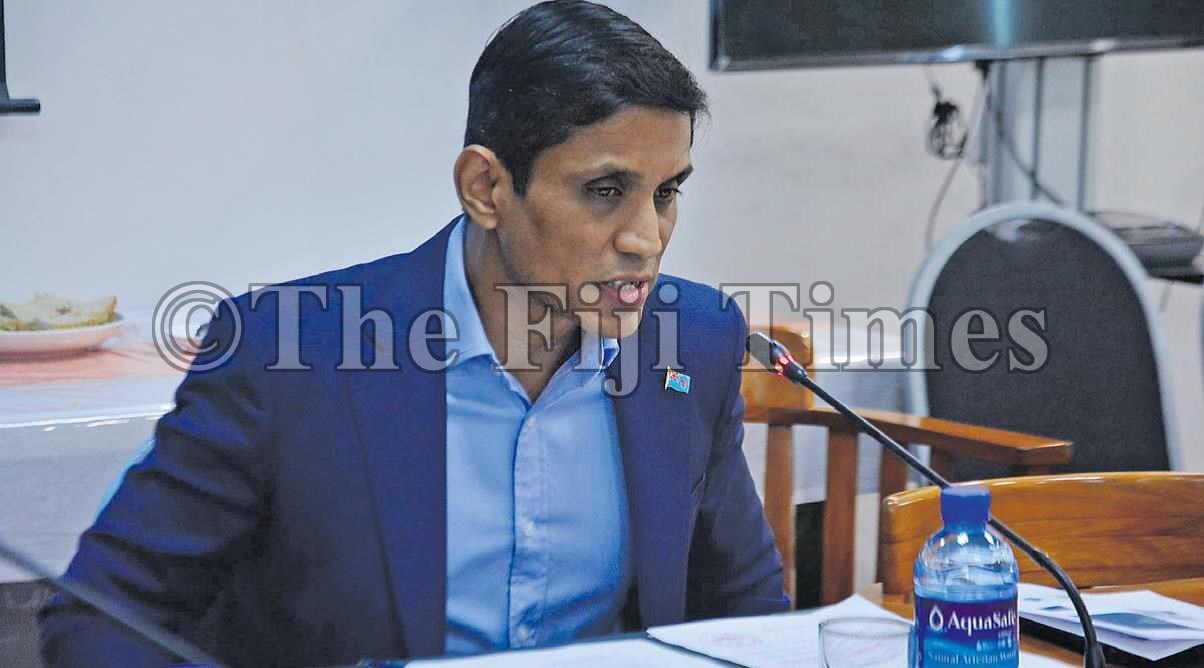FIJI could phase out Hydrofluorocarbons (HFC) products from 2024 with a trade ban following in the year 2033.
This was revealed by the permanent secretary of the Ministry of Industry, Trade and Tourism Shaheen Ali yesterday during their submissions to the standing committee on Foreign Affairs and Defence.
He said this would be the impact of the ratification of the Kigali Amendment to the Montreal Protocol on Substances that Deplete the Ozone Layer.
“Therefore whether a country is party to the amendment or not they will not be able to trade in HFCs from 2033 at least with the countries that have ratified the amendment,” he said.
“Impact on trade given that all trading of HFC related products would stop in 2033.
“There will be a phase out of the consumption of HFCs for Fiji and this will begin from 2024 which means that there will be a gradual reduction of consumption of HFCs in Fiji.
“The trade ban would come into force by 2033 that means imports will not be permitted but consumption will be at a much reduced level,” he said.
Mr Ali however added there was no immediate impact because they had been given a lot of time.
“There is a phase out period for Fiji until 2045 and there will need to be also policies put in place to ensure that the phase out happens smoothly and without impediments.
“In addition with regards to ban on trade we’ll have to introduce policies at the border to ensure that such products are not imported into Fiji after 2033 and there are lots of policies available.
“The Department of Environment may study the protocol in close detail and come up with the best one but there are also standards available apart from import licensing etc.
“We can look at national standards and calculate these new requirements in our national standards with regards to goods that use HFC products,” he said.
According to Mr Ali they had consulted with private sector bodies on individuals or firms that import goods which use HFC.
“At this early stage the implications or the awareness is of what HFC does to the environment or whether their products contain HFCs is minimum.”
He stated there was a lack of awareness within the private sector on possible implications to trade in these products.
“As far as the consumers are concerned as we begin to phase out the consumption from 2024 then there needs to be extensive consumer awareness as well on why HFCs are bad, why we are phasing out HFCs and also in terms if there is any price differentials we need to account for that.
“And there are some policy measures that can be taken to ensure that Fiji is well prepared to ensure we are able to comply with the obligations of this new Kigali Amendment.”
He said most of the trading partners had ratified the amendments and were taking significant steps to implement the phase out or the use of HFCs in goods such as refrigerators, air conditioning units, firefighting equipment and propellants used in cans.



